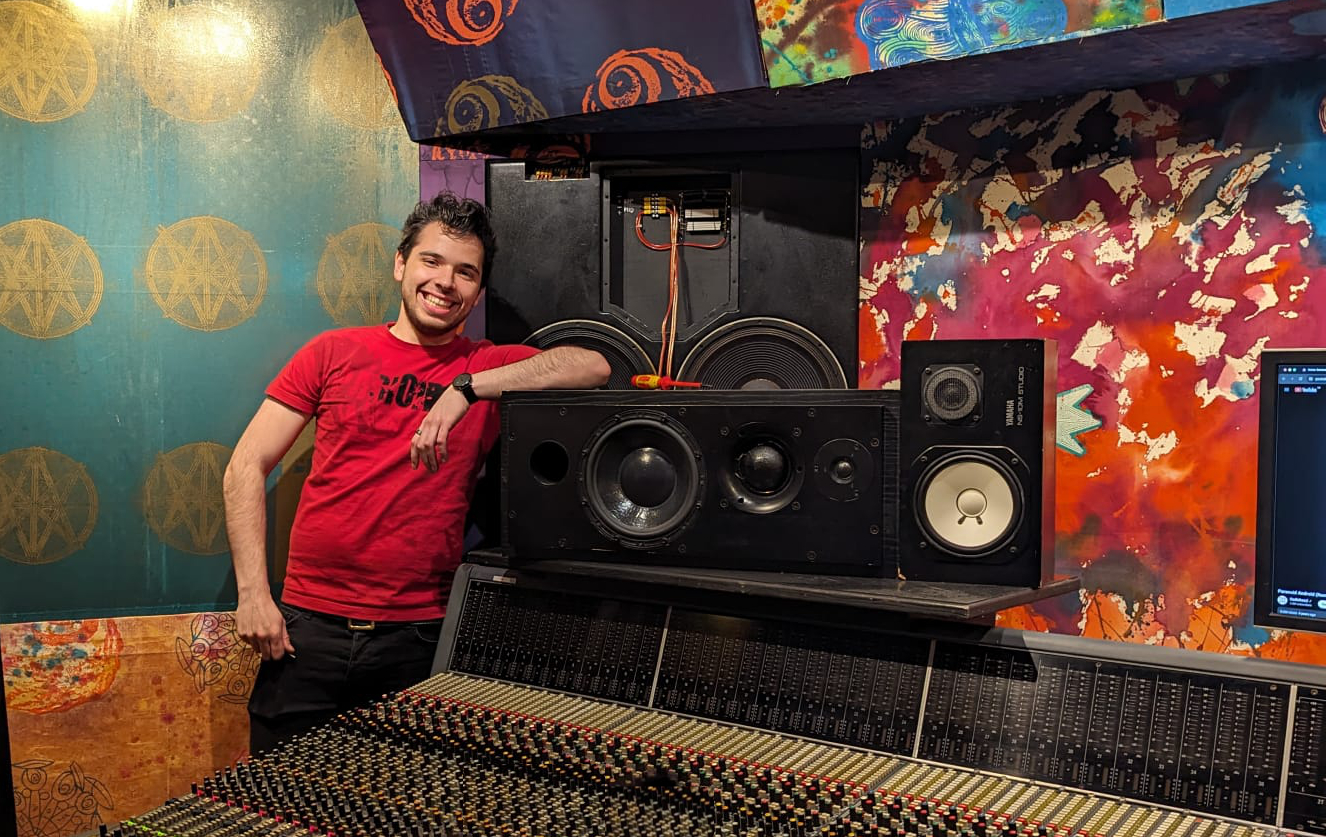I'm a London based Technical Engineer, I've always been fascinated with analogue electronics and disassembling and reassembling stuff since I can remember.
I look after a lot of wonderful recording studio gear and I'm always keen on learning something new

I studied Electronics engineering for 5 years at the prestigious I.T.I.S Meucci in Italy.
After archiving my degree I moved to northern Italy to study Sound engineering at the School of Highly Specialized Musical Training.
The course is limited to 14 people per year after being among the first admitted among over 180 people.
I kept working with local bands both in the studio and live working as a live sound engineer.
I moved to the UK and started studying at the Tonmeister course in surrey.
I started working as a full-time Technical engineer for Metropolis Studios.
I later moved to Strongroom Studios as the head of the Technical Department.
Following my lifetime passion, I keep creating my self-designed gear and devices under the SIGNORINI AUDIO DEVICES brand.